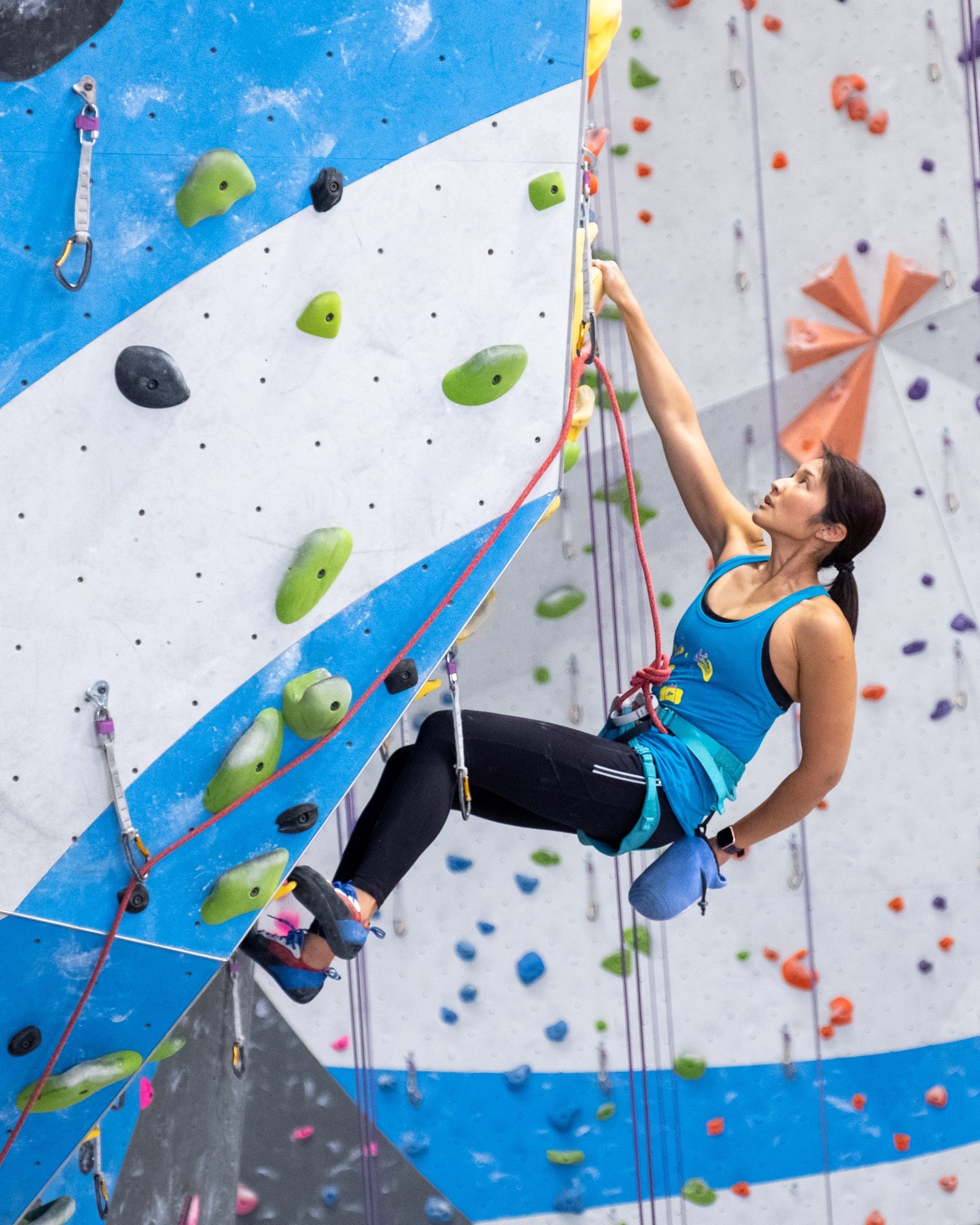Alright – so today we’ve got the honor of introducing you to Alice Kao. We think you’ll enjoy our conversation, we’ve shared it below.
Alice, appreciate you joining us today. Are you happier as a business owner? Do you sometimes think about what it would be like to just have a regular job?
I can honestly say I love being a business owner. I love the freedom, the impact I get to have on the world, and the career opportunities we’re creating at Sender One—not just for me, but for hundreds of people who have chosen climbing as their path.
But during COVID, that love was tested. Our gyms were closed for 11 months. Every day I walked into these beautiful, empty spaces that we had built with so much effort and heart. No laughter, no climbers, no community—just silence.
That’s when my Chinese relatives started asking me the question I had already been asking myself in the quiet of those empty gyms: “Why don’t you just go back and get a job?”
I’d left behind a safe, well-paying career years earlier, and in that moment of uncertainty, the idea of a steady paycheck, health insurance, and predictable hours felt…tempting. It would have been easier, safer, and maybe even more respectable in their eyes.
But when I really sat with the question, I realized something important: going back to a “regular job” might give me stability, but it wouldn’t give me purpose. The work I do now—even when it’s hard—gives me meaning. It allows me to create careers in an industry that once didn’t have them, to build community, and to show my daughters what it looks like to chase something bigger than yourself.
So yes, I thought about it. And then I chose this path all over again. Because for me, being a business owner isn’t just what I do—it’s who I’ve become.
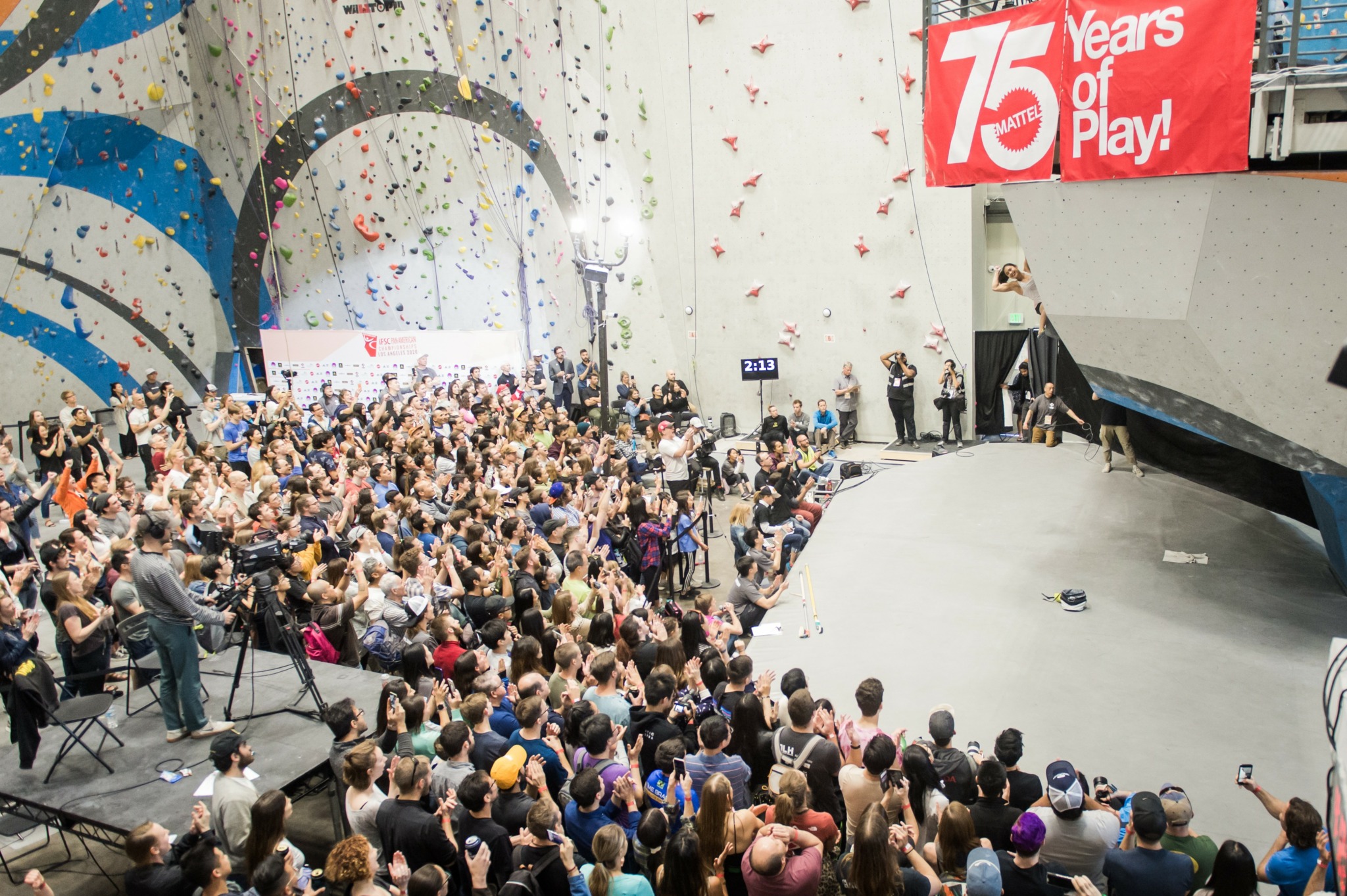
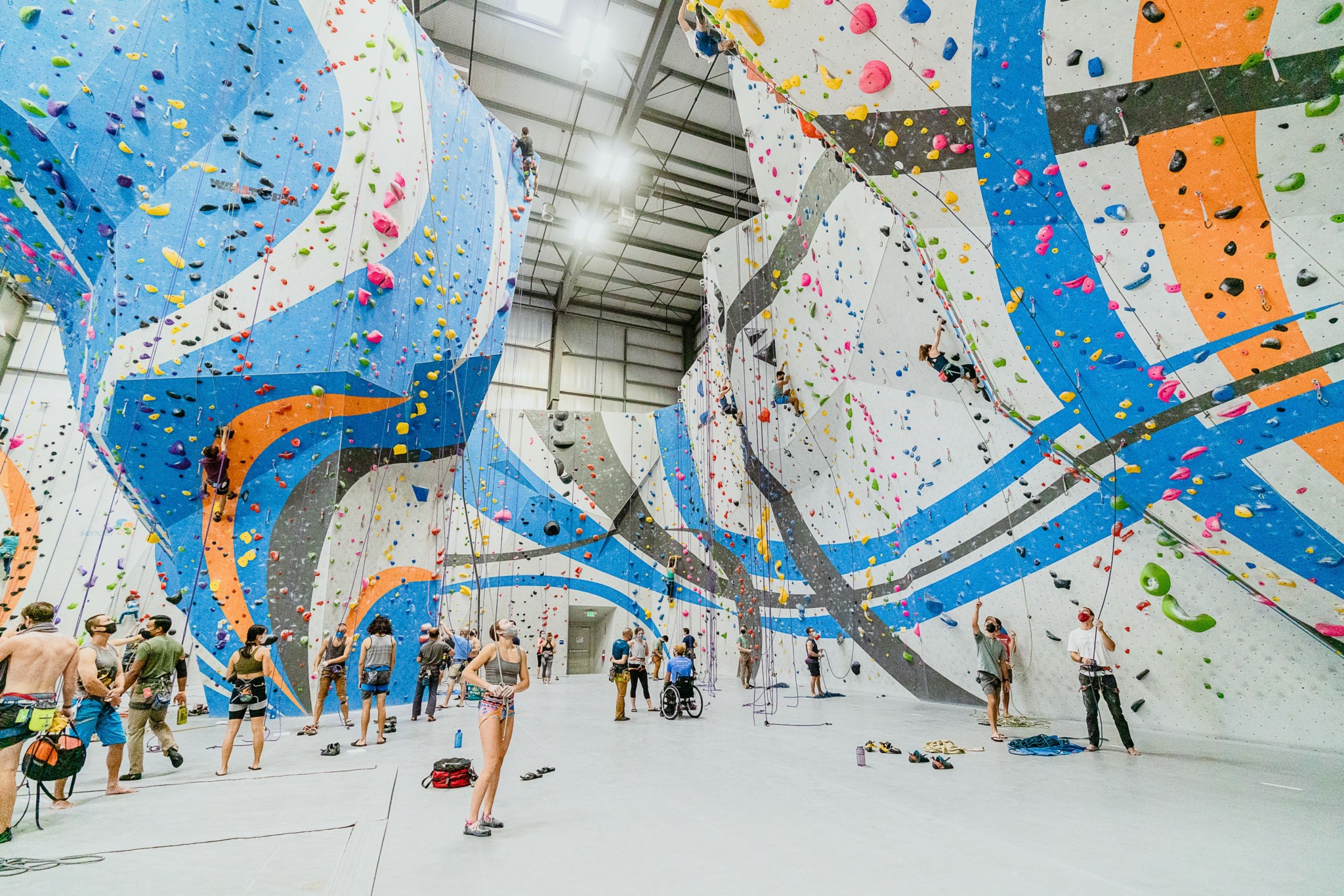
Awesome – so before we get into the rest of our questions, can you briefly introduce yourself to our readers.
I never set out to be a CEO. In fact, if you’d asked me when I was younger, I never would have imagined myself in the climbing industry at all. I was raised by my grandma in a traditional Chinese household, where the message was clear: keep your head down, get a stable job, marry well, and raise a family. Leadership—or entrepreneurship—wasn’t something I thought was possible for me.
I started my career in investment banking right after college—not because I loved finance, but because it was one of the hardest industries to break into and I thought it would make my Asian parents proud. In 2007, after a very painful breakup while living and working in London, a friend invited me to a climbing gym. That day changed my life. I had never considered myself an athlete growing up, but climbing gave me something I didn’t know I was missing: confidence, community, and a way to work through both physical and emotional challenges. For the first time, I felt strong—not just in my body, but in who I was.
When I moved back to the U.S. in 2008, I kept climbing at a local gym, and it became an anchor in my life. A few years later, in 2011, the idea for Sender One was born. Together with my business partners, we opened our first gym in Santa Ana in 2013 with a vision to create something more than just a place to climb. We wanted to build spaces where people could discover themselves, connect with others, and feel like they belong.
Today, Sender One has grown to multiple locations across Southern California. We offer climbing, yoga, and fitness, but also youth programs, summer camps, birthday parties, and community events. What sets us apart isn’t just our world-class walls—it’s the community and culture we’ve built. We believe anyone can be a climber, and we’re proud to have created careers in an industry that once didn’t have them.
What I’m most proud of is that we’ve built something that goes far beyond gyms. We’ve built places where people find themselves again. Places where kids grow up confident, where friendships form, where healing happens, and where community thrives.
For me, climbing started as a way to heal from heartbreak. Now, it’s become my life’s work—to create spaces where others can find strength, connection, and joy.
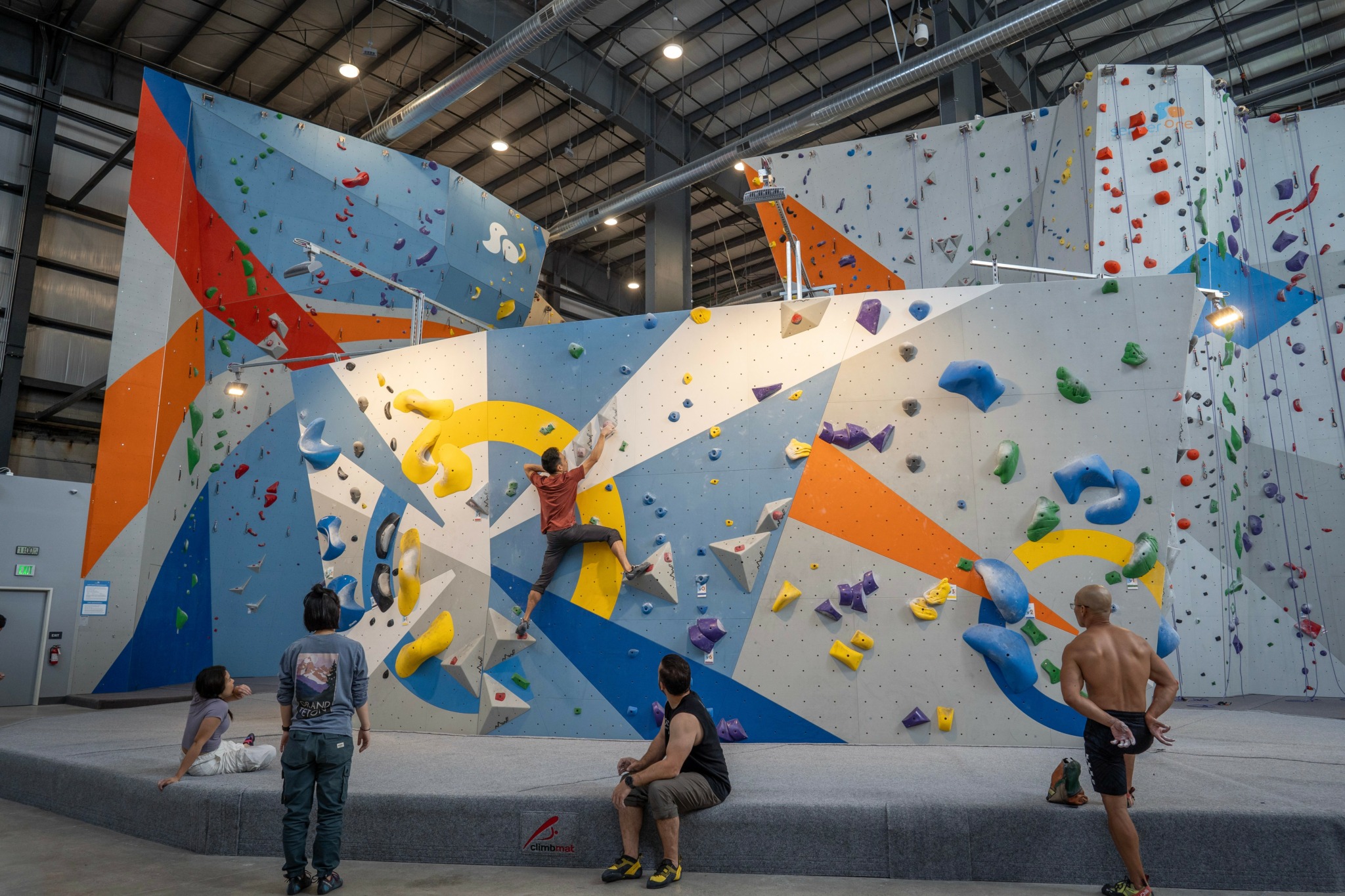
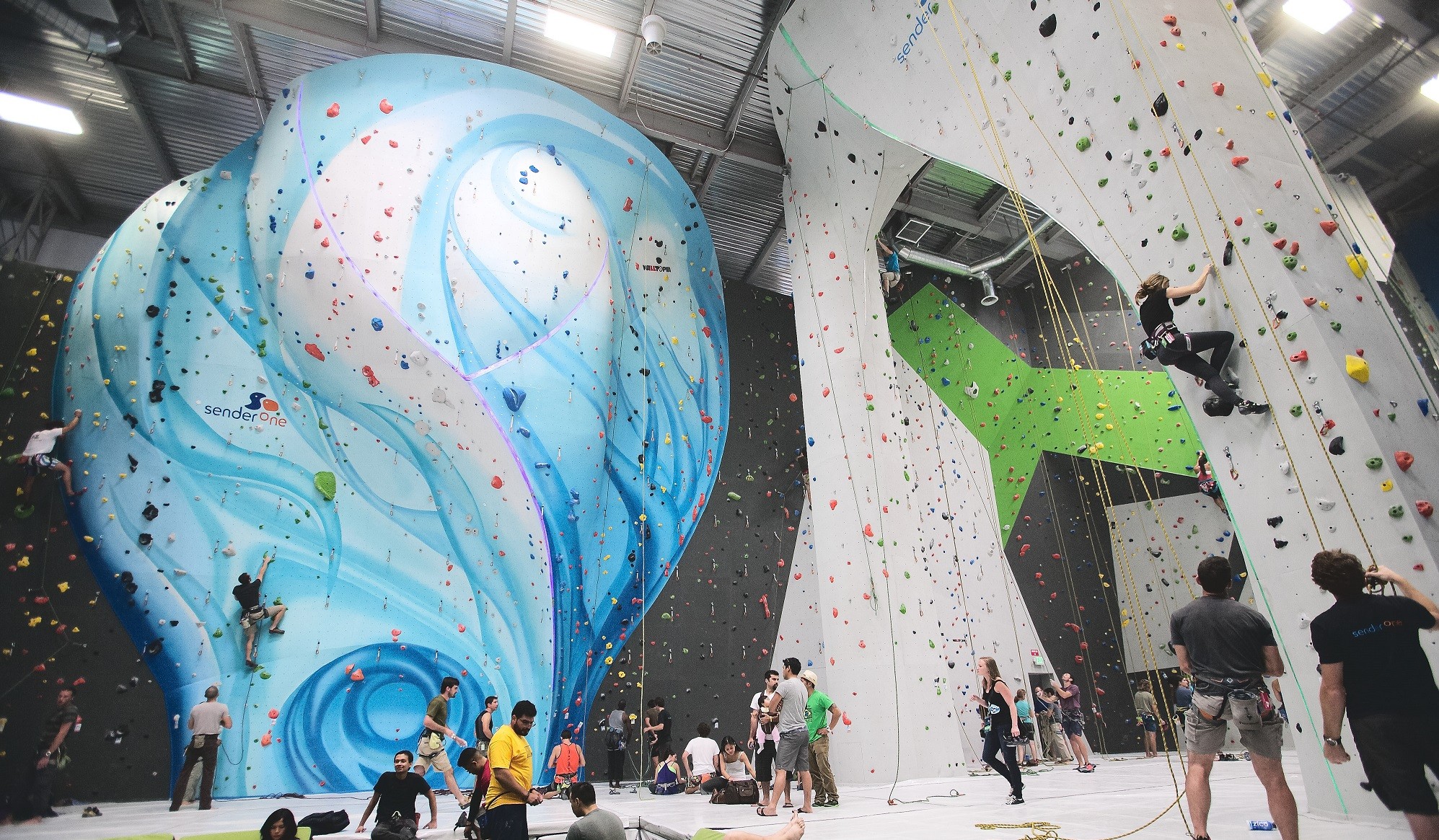
Let’s talk about resilience next – do you have a story you can share with us?
COVID feels like a long time ago now, but for us in the climbing and fitness industry, it was devastating. On March 15, 2020, we shut our doors, thinking it would just be a few weeks. Instead, we ended up opening and closing two more times and remained closed for a total of 11 months.
At one point, we went from over 150 people on our team to fewer than 20 still on payroll. We had to furlough or lay off 135 employees, and it was one of the hardest moments of my career. We tried everything—pivoting online, turning the gym into a school, lobbying the state—anything we could think of to keep people employed and to hold on just a little longer.
We only got through it because of government relief, loans, and the extraordinary support of our community and investors. I can’t even quantify how many years of progress it set us back as a company, but I do know this: we made it through.
Coming out of that experience, I learned that resilience isn’t about powering through on your own—it’s about leaning on your community, being creative when the path forward isn’t clear, and holding onto your purpose even when the future feels uncertain. And while the scars of that time are still with us, so is the strength we built by surviving it. Today, we’re back to growing again, and I carry those lessons with me every day.
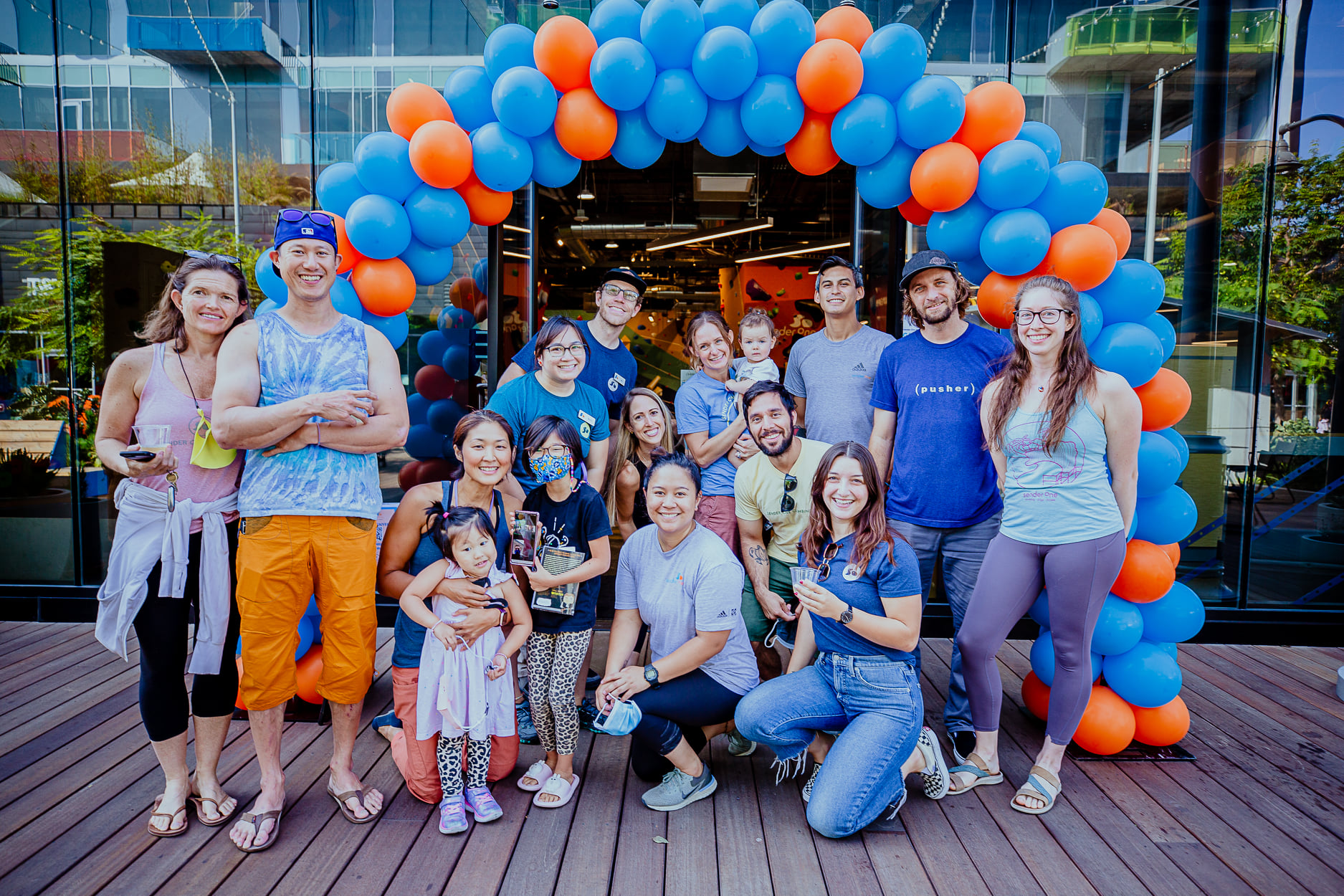
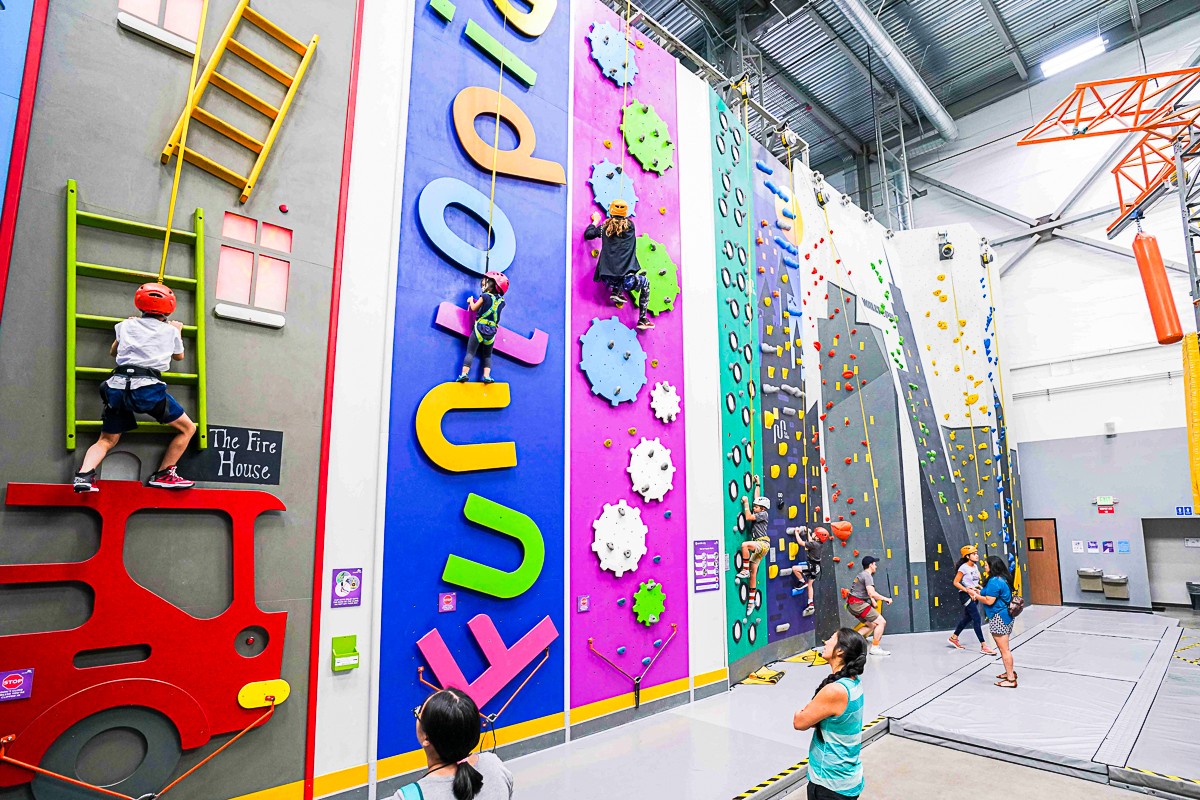
We often hear about learning lessons – but just as important is unlearning lessons. Have you ever had to unlearn a lesson?
One of the biggest lessons I’ve had to unlearn is what I was taught as an Asian woman growing up. My grandma raised me in a very traditional Chinese household, and her advice was always the same: put your head down, don’t cause trouble, don’t speak up, don’t be a leader. Obedience was seen as a virtue, and success was defined by stability, not by standing out.
For a long time, I carried those beliefs with me. Even as I entered my career, I felt like my role was to work hard quietly in the background, not to take up space or challenge authority. But entrepreneurship has a way of forcing you to confront those limitations. Leading Sender One meant I had to unlearn the idea that being quiet was safe. I had to find my voice, make difficult decisions, and step into visibility—even when it felt uncomfortable or went against everything I had been taught as a child.
Unlearning those early lessons hasn’t been easy. But I’ve realized that leadership isn’t about causing trouble—it’s about creating change. And using your voice isn’t disobedience—it’s an act of courage.
Contact Info:
- Website: https://www.sender.one
- Instagram: https://www.instagram.com/senderone
- Linkedin: https://www.linkedin.com/in/alice-kao-ca/
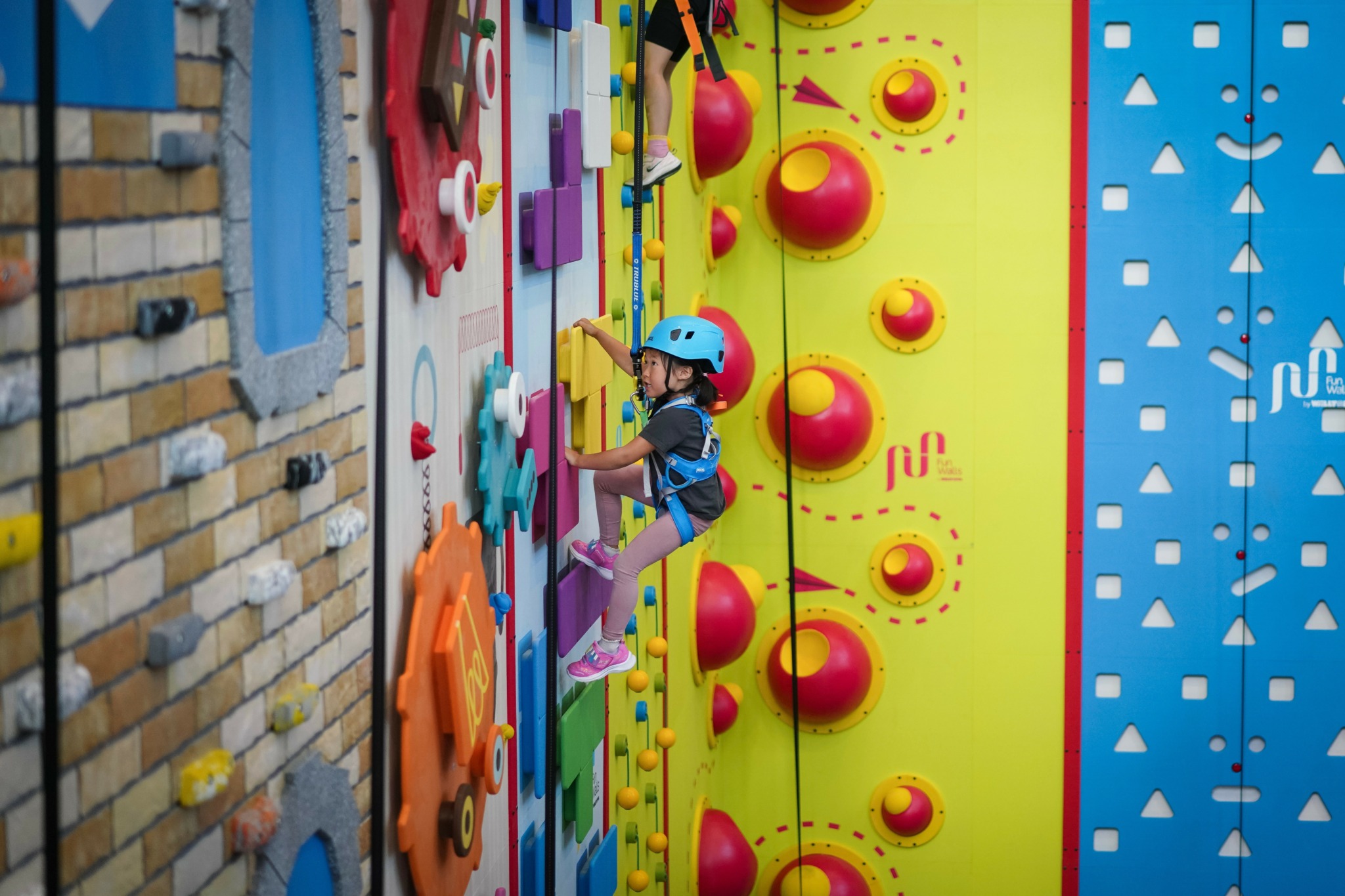
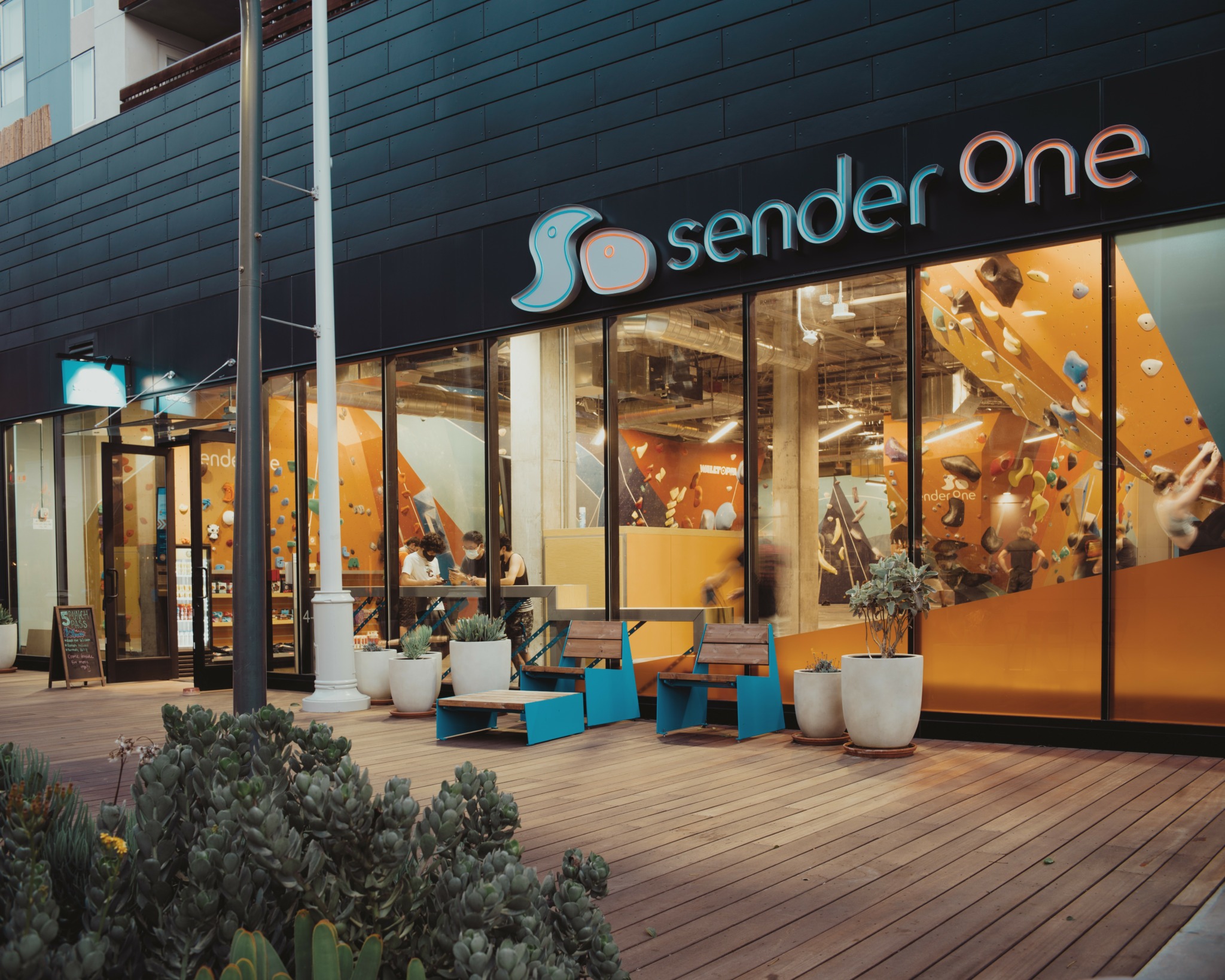
Image Credits
Hans Wang
Jason Chang


